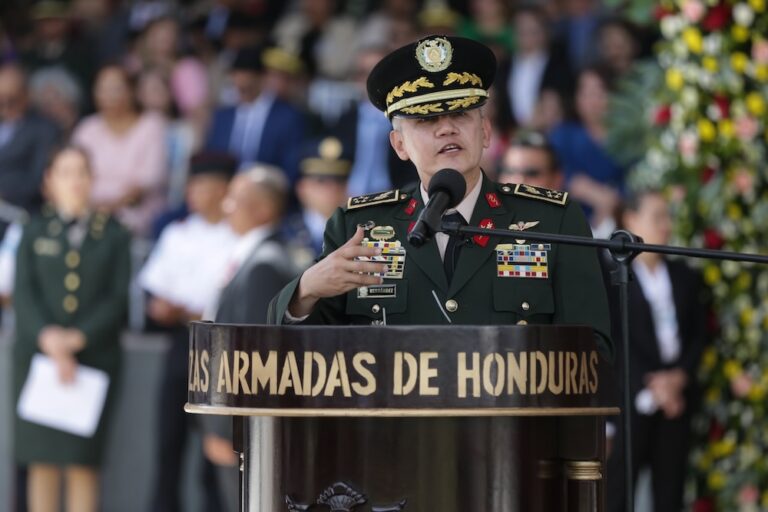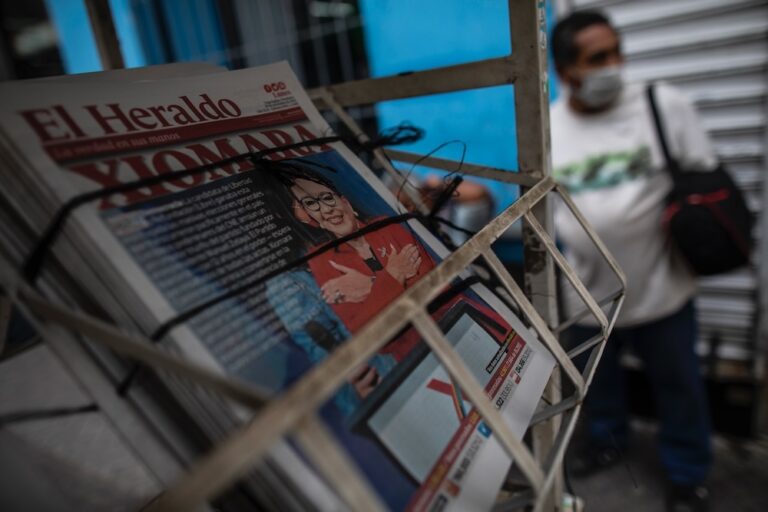The Inter American Press Association has described as positive the suspension of a secrecy law in Honduras which could have had serious consequences for the process of increased transparency that was initiated in the Central American country in 2006 with the Law on Transparency and Access to Public Information.
The Inter American Press Association (IAPA) has described as positive the suspension of a secrecy law in Honduras which could have had serious consequences for the process of increased transparency that was initiated in the Central American country in 2006 with the Law on Transparency and Access to Public Information.
On Friday (January 17) Congress accepted a motion for suspension of the Law on Official Secrets and Classification of Public Information which had been unanimously passed on Tuesday last week (January 14). The law established four categories of information – “classified, confidential, secret and highly secret” – which could be declared by the President, Secretaries of State, managers and directors of state bodies.
In the preliminary view of the IAPA, the law (which now will be revised by a committee created under the mandate of the recently-formed National Defense and Security Council) contained imprecise language, vague terminology and ambiguity of concepts. In addition, the organization had stressed the danger that the discretionary powers granted to public officials could enable them to classify a wide variety of information such as “matters, actions, contracts, news, data and objects ….”
IAPA President Elizabeth Ballantine, of The Durango Herald, Durango, Colorado, acknowledged the right of the government to classify information but expressed “concern that this new legislation could contravene the principles of the Transparency Law, which the Honduran people achieved with so much effort precisely to prevent the government from continuing with its culture of secrecy.”
Claudio Paolillo, chairman of the IAPA’s Committee on Freedom of the Press and Information, warned that his organization “will continue keeping an eye on the process of revision and possible enactment of the law with the objective of overseeing that the requirements of classification do not exceed the secrecy limits stipulated in both the Honduras Constitution, the OAS Inter-American Commission on Human Rights’ Declaration of Principles on Freedom of Expression and other international treaties.”
Paolillo, editor of the Montevideo, Uruguay, weekly Búsqueda, added, “It is a matter of concern that an official, of any rank, without the supervision of a higher body, could have the power to classify information in a discriminatory manner without specific parameters nor limits and definitions of what is secret.” Ballantine and Paolillo warned that “all classification processes should be transparent and reported to the public.”
The IAPA officers both said that what is most important is that the content of the law be concrete, that it be in accordance with the Transparency Law and that there be no arbitrary action so that no official could hide information with personal aims or governmental interests over and above the need and right of the public to have that information.


